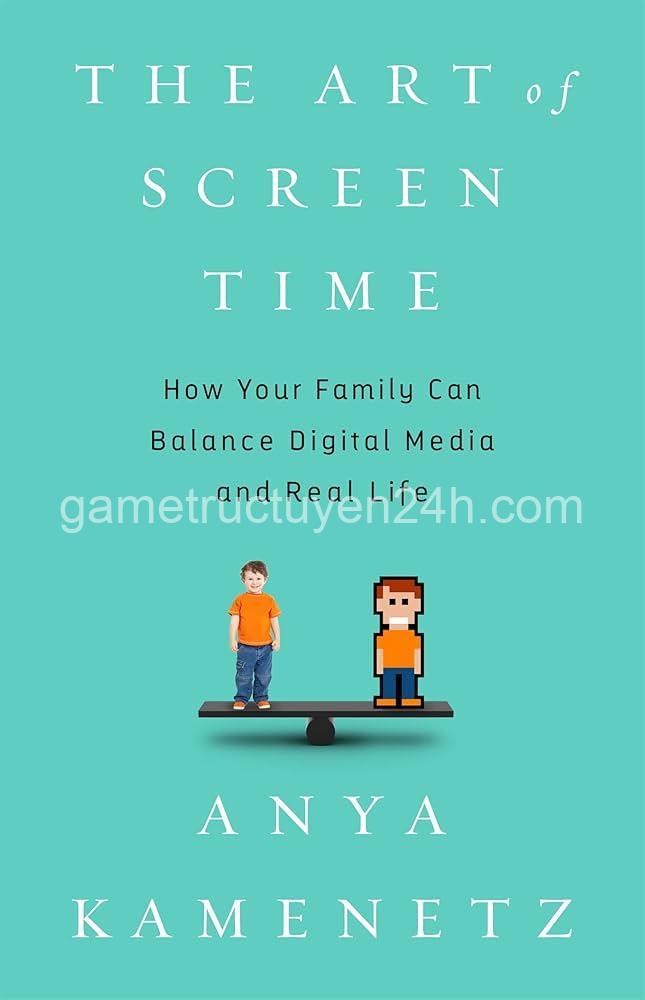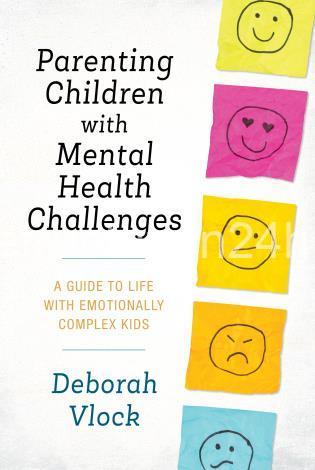Choosing Books for Language Development: A Parent’s Guide. In today’s article, gametructuyen24h.com will explore with you in the most detailed and complete way. See now!
Understanding the Importance of Early Language Development
The Foundation of Literacy:
Think about it: language is the foundation of everything we do. It allows us to communicate, learn, and express ourselves. Early language development is a critical skill for children, setting the stage for future success in reading, writing, and even social interaction.
Brain Development and Language:
Research shows that language exposure during the early years has a profound impact on a child’s brain development. The more children are exposed to language, the more their brains are wired for communication, memory, and critical thinking.
The Power of Reading Aloud:
Reading aloud to children, even before they can read themselves, is a powerful tool for language development. It exposes them to new words, sentence structures, and different ways of expressing ideas. It also creates a bond between parent and child, fostering a love of reading and learning.

Choosing Books That Match Your Child’s Age and Interests
Recognizing Developmental Stages:
Children develop language skills at their own pace, but there are general stages that most children follow. For example, babies start by babbling and making sounds. Then, they begin to understand and use single words, and eventually, they move on to forming simple sentences. Choosing books that align with these stages will provide the right level of challenge and support.
Engaging with Topics They Love:
Children are more likely to engage with books about things they are already interested in. Think about your child’s favorite animals, toys, or activities. Look for books that feature those themes. For example, if your child loves dinosaurs, there are countless books about prehistoric creatures that will captivate their attention.
Exploring Different Genres:
Don’t limit yourself to just one type of book. Introduce your child to picture books, board books, early readers, fiction, and non-fiction. This will broaden their horizons and expose them to different writing styles, vocabulary, and concepts.
Selecting Books with Rich Vocabulary and Engaging Language
Introducing New Words:
One of the primary goals of reading is to expand a child’s vocabulary. Look for books that use a variety of words, including descriptive language and some new or complex vocabulary. Don’t worry if you don’t know all the words yourself, this is a great opportunity to learn together!
Repeating Words and Phrases:
Repetition is key when it comes to language learning. Books that repeat words and phrases help children solidify their understanding of vocabulary and sentence structure. They also introduce the concept of rhythm and rhyme, which can be very engaging for young learners.
Using Descriptive Language:
Vivid language helps children understand the story more deeply and create vivid pictures in their minds. Look for books that use descriptive words and phrases to paint a picture of the characters, setting, and events.
Finding Books That Promote Comprehension and Critical Thinking Skills
Engaging Narratives and Illustrations:
A good book will tell a story that is engaging, imaginative, and easy to follow. The illustrations should complement the text, adding visual interest and clarifying the narrative.
Asking Open-Ended Questions:
As you read, ask your child questions about the story. Encourage them to make predictions, analyze characters, and explain their thoughts and feelings about the events. This will help them engage with the story on a deeper level and develop their critical thinking skills.
Creating Interactive Reading Experiences:
Make reading interactive by asking your child to point out words, predict what will happen next, or act out scenes from the story. This will help them stay engaged and feel like they are actively participating in the reading experience.
Choosing Books That Enhance Phonological Awareness
Rhyming Words and Sounds:
Phonological awareness is the ability to recognize and manipulate sounds in language. It’s a crucial skill for learning to read and write. Books with rhyming words and sounds help children develop this skill, making it fun and engaging.
Sound Repetition and Alliteration:
Books that use sound repetition and alliteration (words that start with the same sound) can be particularly helpful for developing phonological awareness. For example, “Peter Piper picked a peck of pickled peppers” is a classic example of alliteration.
Additional Tips for Choosing Books
Seeking Recommendations from Experts:
Don’t hesitate to ask for recommendations from librarians, educators, or other parents. They can provide valuable insights and help you find books that are age-appropriate and engaging.
Considering the Physical Format:
Think about the size and material of the book. For young children, board books are durable and easy to handle. Picture books with larger pages and bright illustrations are also great choices. As children get older, you can introduce chapter books and other formats.
Creating a Home Library:
Building a home library with a variety of books is a great way to encourage reading and provide your child with a wealth of stories and information.
Turning Reading into a Positive and Enjoyable Experience
Reading Aloud Regularly:
Make reading a regular part of your routine. Set aside time each day to read aloud to your child. This will help them develop a love of reading and a strong foundation in language skills.
Creating a Cozy Reading Nook:
Create a special place for reading, like a cozy nook in the living room or a comfy chair in their bedroom. This will encourage them to relax and enjoy the reading experience.
Celebrating Reading:
Make reading a positive and enjoyable experience by celebrating milestones, sharing their favorite books with others, and taking them to bookstores and libraries. This will foster a love of reading that will last a lifetime.
FAQs
What are some examples of books that support language development?
There are many great books that can help children learn language. Here are a few examples, depending on your child’s age and interests:
- For babies and toddlers: “Goodnight Moon” by Margaret Wise Brown, “Pat the Bunny” by Dorothy Kunhardt, “Where the Wild Things Are” by Maurice Sendak
- For preschoolers: “The Very Hungry Caterpillar” by Eric Carle, “Brown Bear, Brown Bear, What Do You See?” by Bill Martin Jr. and Eric Carle, “Click, Clack, Moo: Cows That Type” by Doreen Cronin
- For early readers: “The Cat in the Hat” by Dr. Seuss, “Click, Clack, Moo: Cows That Type” by Doreen Cronin, “The Giving Tree” by Shel Silverstein
How often should I read to my child?
There is no one-size-fits-all answer, but the more you read, the better. Aim for at least one story per day. You can also incorporate reading into other activities, like bedtime routines or car rides.
How can I make reading more interactive?
Here are some tips for making reading more interactive:
- Ask questions: Encourage your child to make predictions, analyze characters, and explain their thoughts and feelings about the story.
- Act out scenes: Have your child act out scenes from the story or make up their own scenes.
- Talk about the pictures: Ask your child about the pictures and encourage them to describe what they see.
What are some resources for finding books that support language development?
There are many resources for finding books that support language development. Here are a few suggestions:
- Libraries: Librarians are a great source of information about children’s books. They can help you find books that are age-appropriate and engaging.
- Bookstores: Many bookstores have sections dedicated to children’s books. You can also ask for recommendations from booksellers.
- Online resources: Websites like Amazon, Goodreads, and Scholastic offer a wide variety of children’s books with reviews and recommendations.
What if my child doesn’t seem interested in reading?
Some children are naturally drawn to books, while others may need a little more encouragement. Here are a few tips for encouraging reluctant readers:
- Make reading fun: Choose books that are interesting to your child and read them in a lively and engaging way.
- Incorporate reading into everyday activities: Read to your child during car rides, meal times, or before bed.
- Set a good example: Show your child that you enjoy reading by reading yourself.
Conclusion
Reading is a gift you can give your child that will last a lifetime. By choosing books that support language development, you are setting them up for success in school, in life, and in the world of reading. Remember, the most important thing is to make reading a positive and enjoyable experience.
To learn more about language development, child psychology, and parenting tips, visit gametructuyen24h.com. You can also connect with other parents and share your experiences in the comments below.





